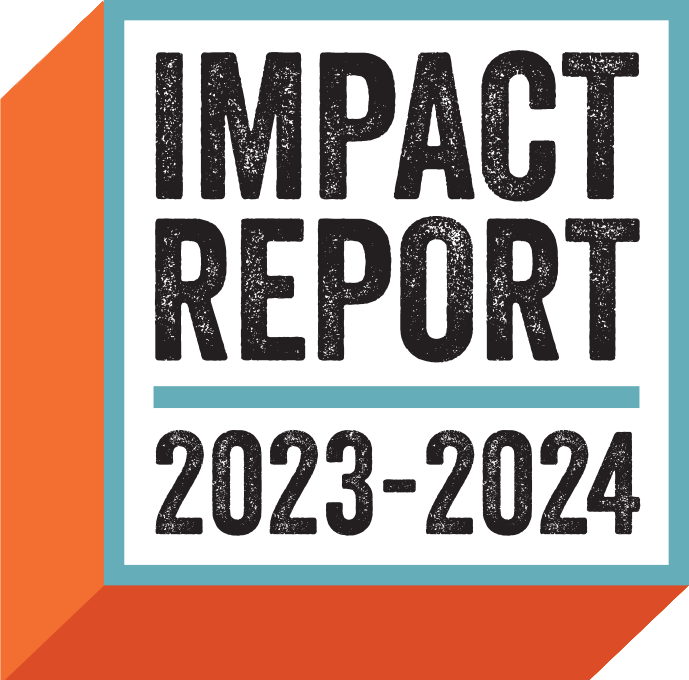UK Fuel Poverty Monitor 2021-2022
Date: 17th Jan 2023

This year’s UK Fuel Poverty Monitor, covering the period 2021 to 2022, considers the causes of the energy crisis as well as how it has impacted fuel poor households and the organisations that work to support them.
It is informed by a Call for Evidence (CfE), which received responses from 119 respondents covering the breadth of the UK. This includes wider engagement with stakeholders through one-on-one meetings and, crucially, the direct experience of people who are living through the crisis, as well as polling of the general public.
The report findings are stark, the personal impacts of high prices on households are exceptionally acute. For households on the lowest incomes, living in the least efficient homes, the impossible cost of this essential service is devastating. The severity of the situation has prompted the energy crisis and its impacts to be one of the most prominent public policy challenges facing the UK in recent history. Our polling suggests that 81% say they will ration energy this winter, while 55% are already rationing hot water, and 13% are reducing use of medical equipment. Many of the most vulnerable households are falling through the gaps of national or local assistance schemes, receiving little or no support to get them through the most egregious situations.
The report found that:
- Households living on the lowest incomes, in the least efficient homes are being hardest hit.
- Households falling into multiple intersecting categories of vulnerability are being disproportionately affected.
- Households using prepayment meters have faced the biggest challenges accessing support and are at acute risk due to self-disconnection.
- Organisations across the sector have stepped up support to help households through the crisis, but there are unprecedented capacity challenges to deal with the volume and complexity of cases.
- The scale of current national support is unprecedented but the hardest-hit require deeper, targeted support.
- Recognition has grown that we must accelerate a fair and affordable transition to net zero to abate this emergency and avoid future crises.
It captures recommendations around five themes:
- Better identifying the households that require financial support
- Providing specific support to prepay households so that self-disconnections can be minimised in the medium-term
- Ensuring that those most affected by the crisis are the priority for future support
- Providing support for fuel poor households from organisations beyond the national governments
- Accelerating a fair and affordable transition to net zero to abate this emergency and avoid future crises
© 2025 NEA all rights reserved.





